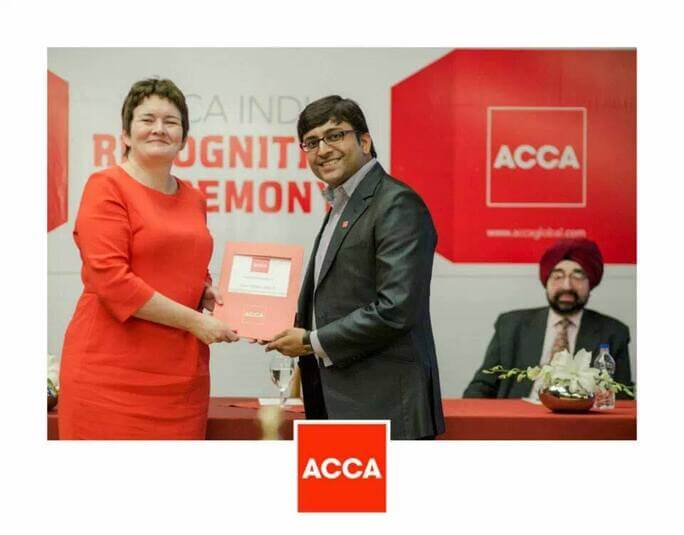Paurav Thakker is a chartered accountant in four continents. He is an Indian chartered accountant and a senior member of ACCA, along with Canadian chartered accountant. ACCA exam
Mr. Paurav has been teaching since the last 15 years and he has taught more than 1000 students out of which 400 are ACCA Affiliates and 100 are ACCA members. More than 20 India and World rankers.
Special Guidance by Paurav Thakker on how to succeed in your ACCA exams:
We always follow a 60/40 rule which is we can help you 60% of the way but after that, the extra 40% is up to you. To use the right resources, focus on a daily basis, using our advice, get in your study time etc.
1. Mock exams
Many students say that they don’t write a mock because they have no time or it makes them nervous. All of these feelings are valid, but if you don’t write a mock and get it marked, you’ll never find out the areas you can improve on to get those extra marks or the areas you’re doing well in.
If you’re worried about a mock, don’t treat it like an exam. Instead treat it as a learning experience and replicating the experience you’ll have in the real exam. The more times you can practice, the more likely you are to be comfortable and confident to sit for your ACCA exam. If you don’t practice, you won’t pass. It really is that simple.
2. Technical articles
Students find this very easy to ignore but just like the Examiner report, this can help you pass! If there’s a technical article it is an indicator that it’s an area an examiner may focus on or a topic that students need to know more about as it may come up in the exam.
For example, in the last SBR examiner’s report linked in to a technical article that was released a few months before that subsequently came up in the exam. So, if students had read that article they would have been familiar with the question and had no issue answering it well.
3. ACCA Examiner reports
For some reason most students don’t take the time to review the Examiner Reports. However, there’s no better starting point than these Reports.
What you’ll find in these reports are the reasons that students fail and what you need to do to pass. What you have in these reports is that the person who’s writing exam outlining what they are looking for and what not to do to pass! These reports are released after each sitting and are the ultimate guide to tips on passing. It’s everything the examiner wants you to do and avoid!
4. Past papers
There really is no better way to get exam ready than by attempting past papers. It will give you a really good idea of the exam structure and the types of questions and instructions you may be confronted with.
It isn’t just about preparing an answer for a specific question, but understanding how you approach a question in your exam and how you structure your answer.
5.Time management
Start by having a glance at the whole paper before starting to answer any questions. Start with the parts you know and feel most confident about. Usually it’s 3 hours typing and 10 minutes paper instructions reading. Make sure you spend less than an hour for section A and less than an hour for section B, because section C would require the most of your time.
Once you have assigned a time limit for each question, you must move on once you hit it or you won’t be able to give the next question your full attention. Remember to leave yourself some time at the end to go back over your answers.
6. Things to keep in mind during ACCA Exam
You should focus on the instructions that are provided by your lecturers. Make sure in long questions you focus on Pro-forma and calculations both. Don’t leave any question in between even if you know that a few figures may not be correct, as you will get full marks for the later calculations.
You should always be practical in your ACCA exam and type your best. Always keep an eye on time and make sure you attempt full paper and don’t over write on any questions’ requirements!
Conclusion
They may all be resources you know about but the key is actually acting upon and using them. You’ll end up feeling more confident and prepared when it really counts.





